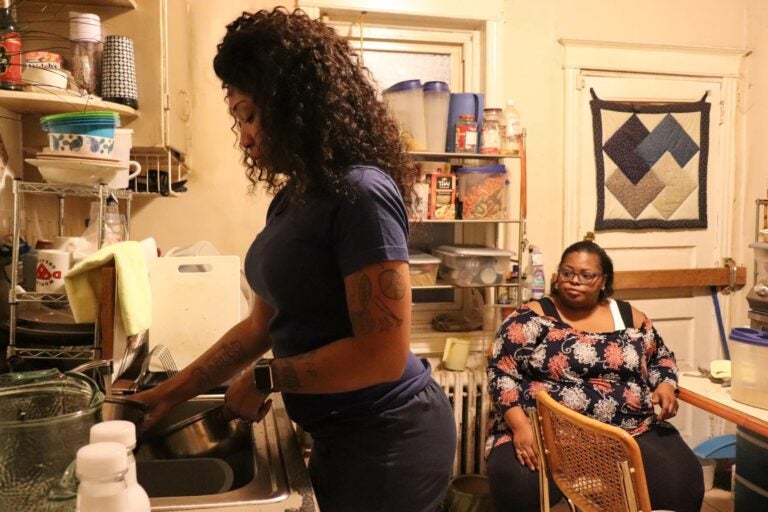In Pennsylvania, home health care agencies are calling for an additional $370 million in the state budget to avert a potential crisis in the industry. With a rapidly aging population, these agencies warn that funding gaps and staffing shortages threaten their ability to provide essential services, such as basic medical assistance and personal care, to homebound patients.
Advocates emphasize that historic underfunding and low reimbursement rates from state programs like Medicaid have placed immense pressure on the system. According to the Pennsylvania Homecare Association, which represents over 700 home care providers, approximately 400,000 children and adults rely on in-home care services across the commonwealth. This care is vital for seniors and individuals with disabilities who wish to remain in their homes.
Laura Ness, board president of the Pennsylvania Homecare Association, stated, “The need is so substantial because it’s been decades of chronic underfunding. But now, we have to start to really dig ourselves out of this hole.”
As the state budget negotiations extend into the summer, the urgency for increased funding grows. The Democratic-controlled House of Representatives passed a budget bill in July, while discussions continue in the Republican-controlled Senate. The legislature has already missed the official deadline of June 30 to finalize the new fiscal year budget.
Staffing Shortages and Economic Impact
The in-home care sector is grappling with a significant shortage of workers. The average wage for personal assistance employees in Pennsylvania stands at $15.69 per hour, according to state data. Ness highlighted that many dedicated workers face the difficult choice between continuing their roles and supporting their families, leading to a critical retention problem.
Due to these challenges, the Pennsylvania Homecare Association estimates that over 112,500 home care shifts go unfilled each month. Many workers are leaving for better-paying positions in neighboring states such as New Jersey and New York, where they can earn higher wages. “That also means that they can continue to do the work that they so love and that they have a vocation to do,” Ness explained.
The financial structure for Medicaid reimbursement places further constraints on home care agencies. Rates for services have remained stagnant for over a decade, making it difficult for providers to offer competitive wages or expand their services. An independent study commissioned by the administration found that adjusting these rates to reflect competitive market conditions could cost the state an additional $856 million.
Despite the pressing need for increased funding, Gov. Josh Shapiro’s proposed budget only allocated $21 million for wage increases among workers caring for adults with physical disabilities and seniors. The House version of the budget bill did not include any additional funding, leaving many advocates concerned about the future of home care services in Pennsylvania.
The Consequences of Inaction
Without significant investment, families may face limited options for care. Ness warned that staffing shortages could force many families to seek higher-cost solutions, such as nursing homes, before they are necessary. “That means that maybe a parent or a daughter or a son is staying home and they are taking themselves out of the workforce to be able to care for these individuals in their home,” she noted.
The Pennsylvania Homecare Association’s request for $370 million represents a 10% increase in reimbursement rates for personal assistance services, which they view as a critical first step. Leaders of Philadelphia home care agencies underscored that this request is less than half of what comprehensive funding would require.
As the situation develops, the need for action from lawmakers in Harrisburg is becoming increasingly urgent. Advocates hope that by raising awareness, they can secure the necessary funding to ensure home care agencies can continue to operate effectively and meet the needs of Pennsylvania’s aging population.
